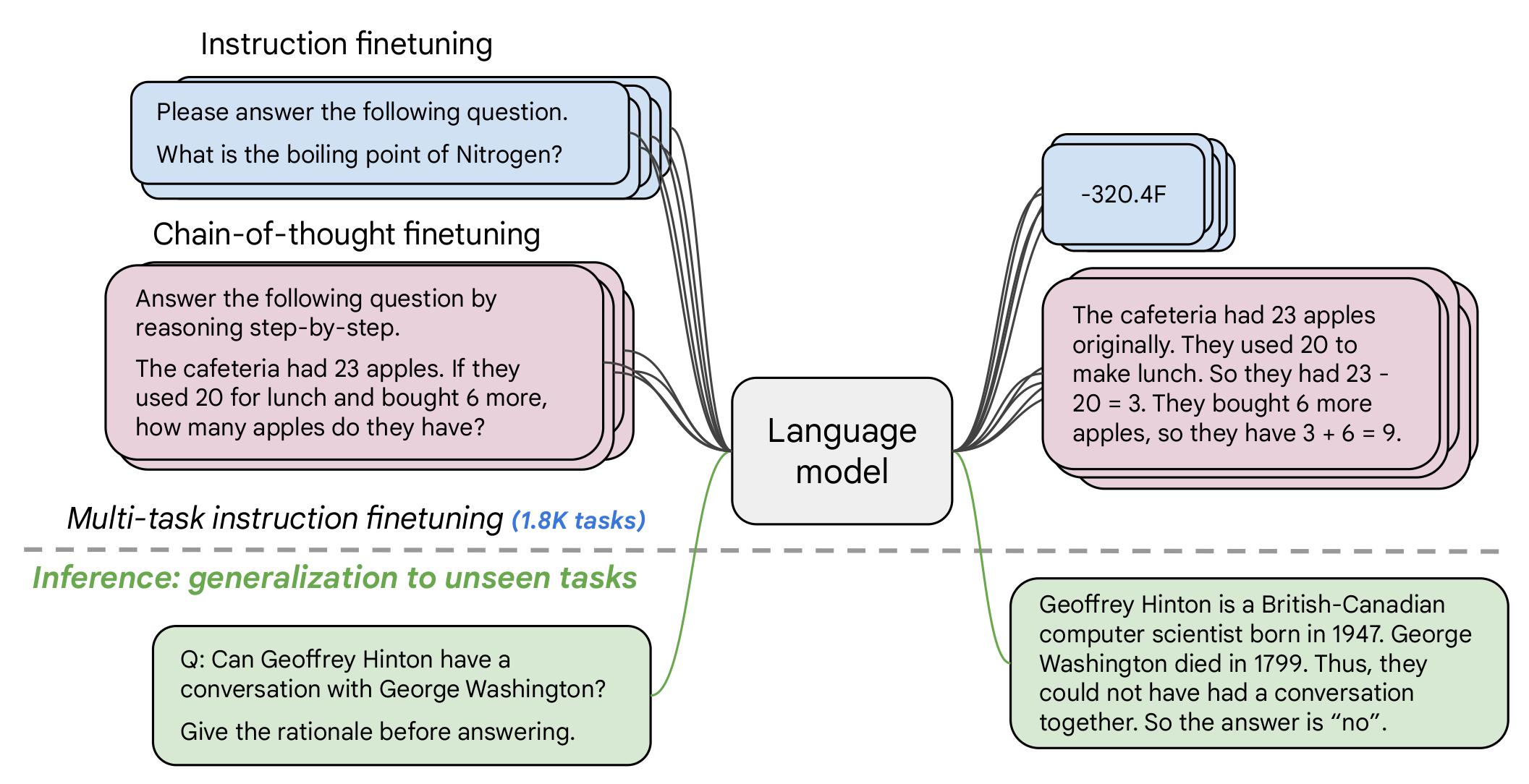Model Card for QA_GeneraToR
Excited 😄 to share with you my very first model 🤖 for generating question-answering datasets! This incredible model takes articles 📜 or web pages, and all you need to provide is a prompt and context. It works like magic ✨, generating both the question and the answer. The prompt can be anything – "what," "who," "where" ... etc ! 😅
I've harnessed the power of the flan-t5 model 🚀, which has truly elevated the quality of the results. You can find all the code and details in the repository right here: https://lnkd.in/dhE5s_qg
And guess what? I've even deployed the project, so you can experience the magic firsthand: https://lnkd.in/diq-d3bt ❤️
Join me on this exciting journey into #nlp, #textgeneration, #t5, #deeplearning, and #huggingface. Your feedback and collaboration are more than welcome! 🌟
my fine tuned model
This model is fine tuned to generate a question with answers from a context , why that can be very usful this can help you to generate a dataset from a book article any thing you would to make from it dataset and train another model on this dataset , give the model any context with pre prometed of quation you want + context and it will extarct question + answer for you this are promted i use [ "which", "how", "when", "where", "who", "whom", "whose", "why", "which", "who", "whom", "whose", "whereas", "can", "could", "may", "might", "will", "would", "shall", "should", "do", "does", "did", "is", "are", "am", "was", "were", "be", "being", "been", "have", "has", "had", "if", "is", "are", "am", "was", "were", "do", "does", "did", "can", "could", "will", "would", "shall", "should", "might", "may", "must", "may", "might", "must"]
orignal model info

Code
from transformers import AutoTokenizer, AutoModelForQuestionAnswering
model_name="mohamedemam/Question_generator"
def generate_question_answer(context, prompt, model_name="mohamedemam/Question_generator"):
"""
Generates a question-answer pair using the provided context, prompt, and model.
Args:
context: String containing the text or URL of the source material.
prompt: String starting with a question word (e.g., "what," "who").
model_name: Optional string specifying the model name (default: google/flan-t5-base).
Returns:
A tuple containing the generated question and answer strings.
"""
tokenizer = AutoTokenizer.from_pretrained(model_name)
model = AutoModelForQuestionAnswering.from_pretrained(model_name)
inputs = tokenizer(context, return_tensors="pt")
with torch.no_grad():
outputs = model(**inputs)
start_scores, end_scores = outputs.start_logits, outputs.end_logits
answer_start = torch.argmax(start_scores)
answer_end = torch.argmax(end_scores) + 1 # Account for inclusive end index
answer = tokenizer.convert_tokens_to_strings(tokenizer.convert_ids_to_tokens(inputs["input_ids"][answer_start:answer_end]))[0]
question = f"{prompt} {answer}" # Formulate the question using answer
return question, answer
# Example usage
context = "The capital of France is Paris."
prompt = "What"
question, answer = generate_question_answer(context, prompt)
print(f"Question: {question}")
print(f"Answer: {answer}")
- Downloads last month
- 18